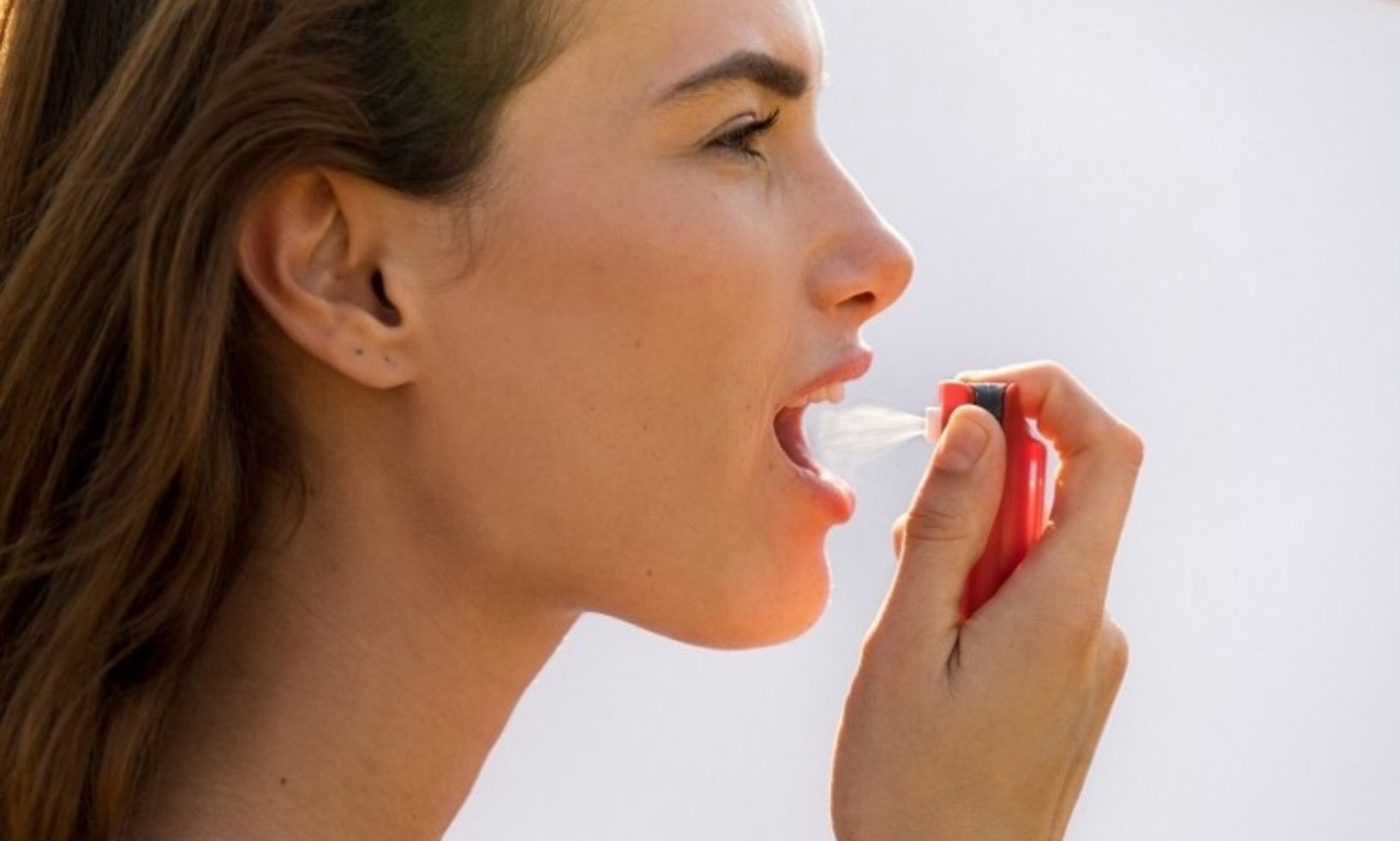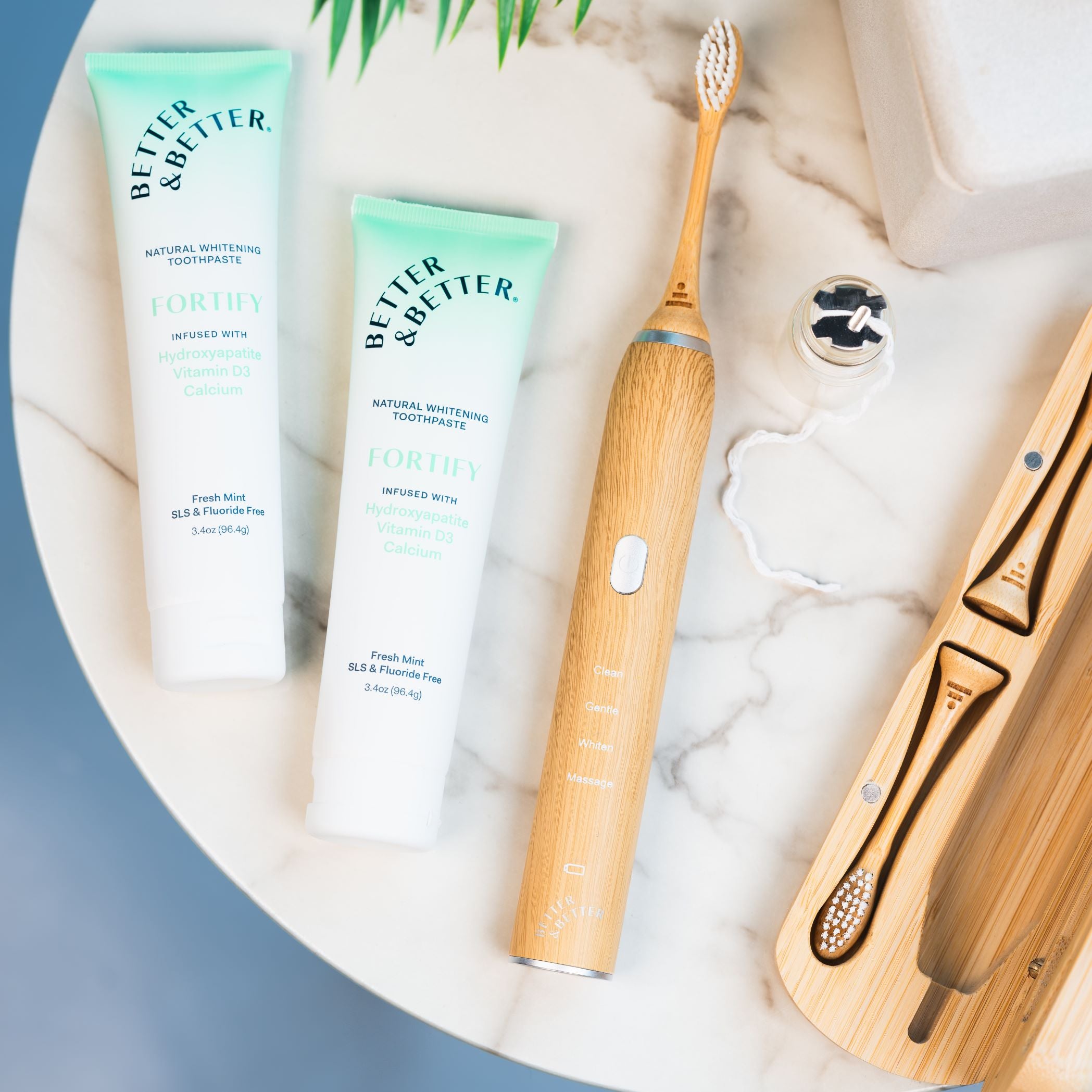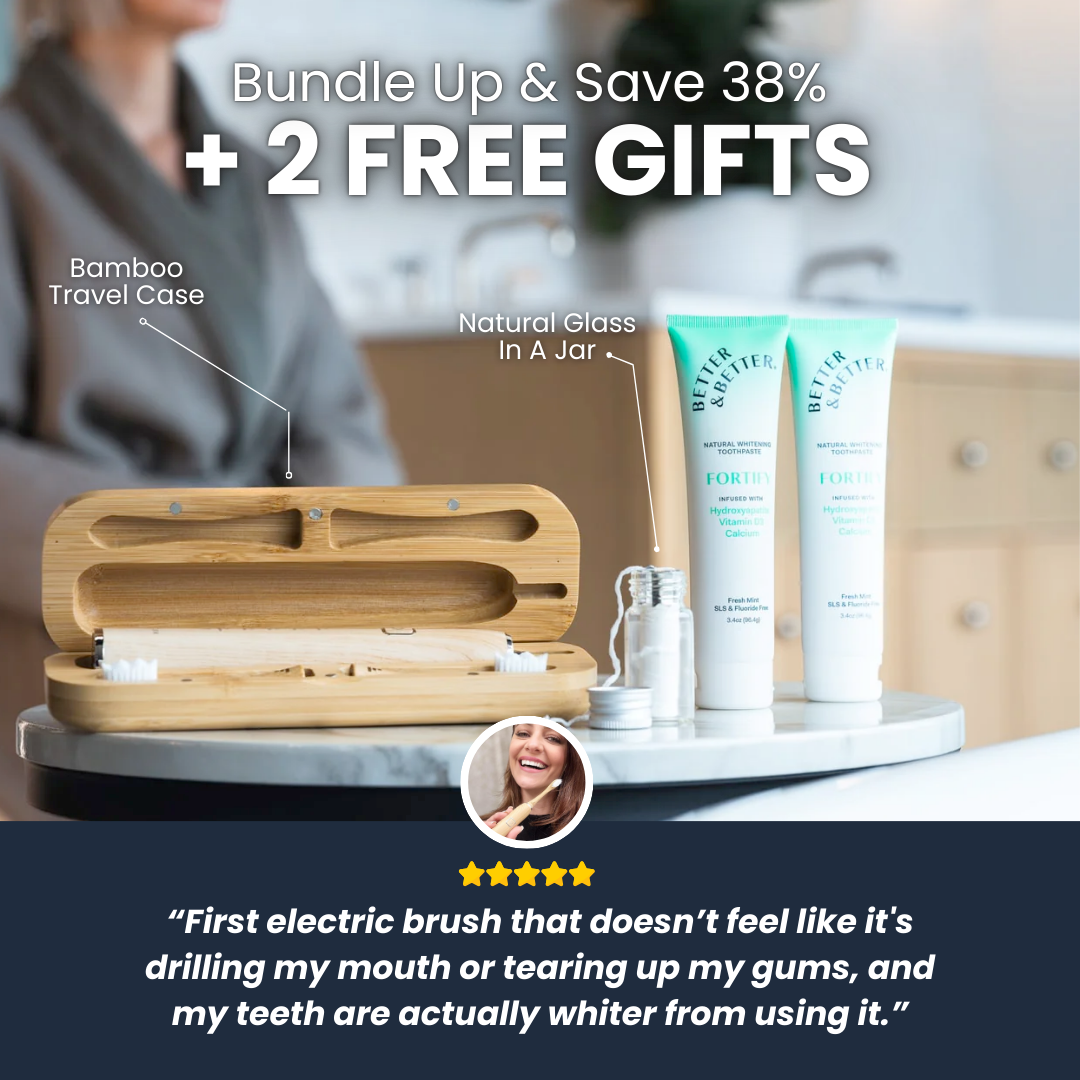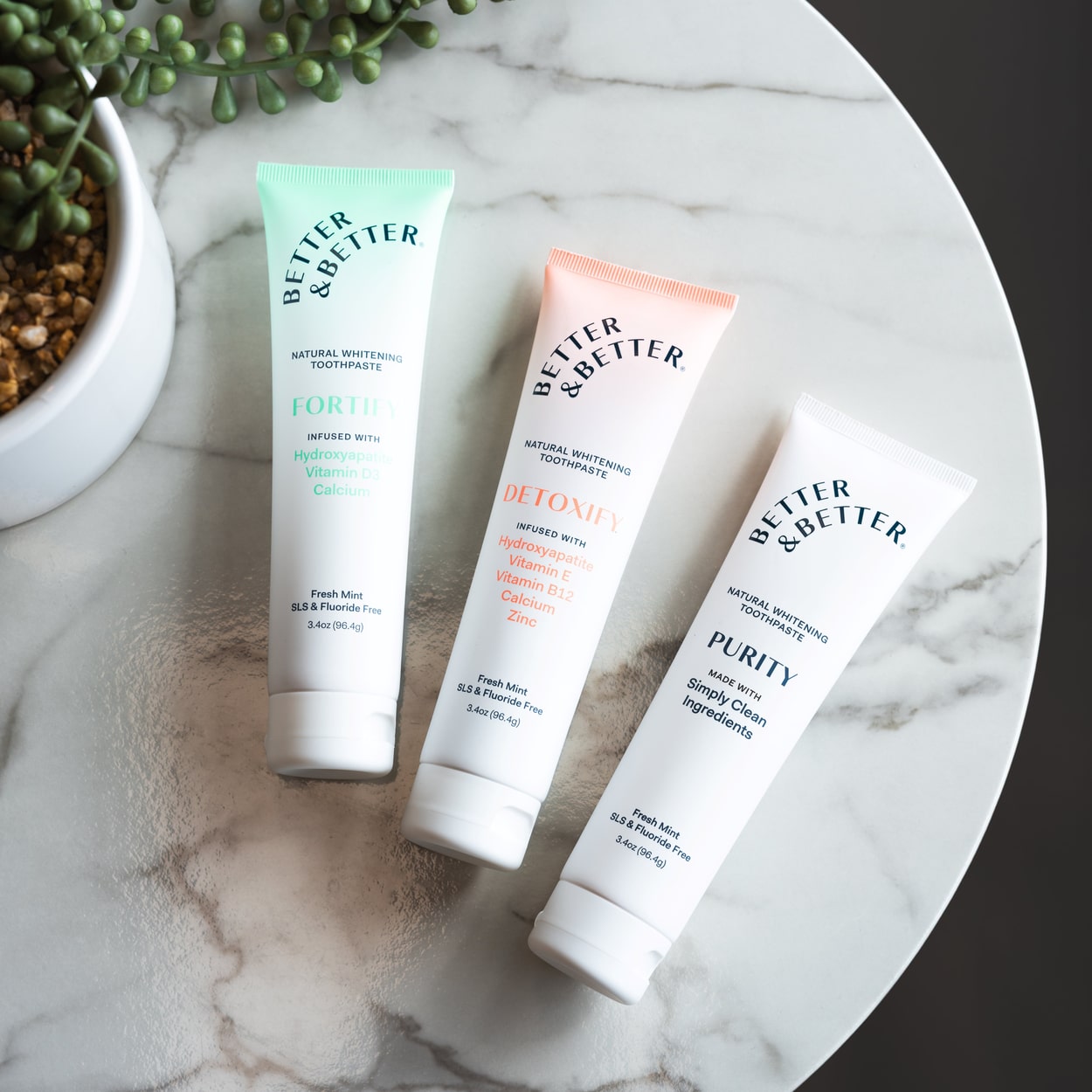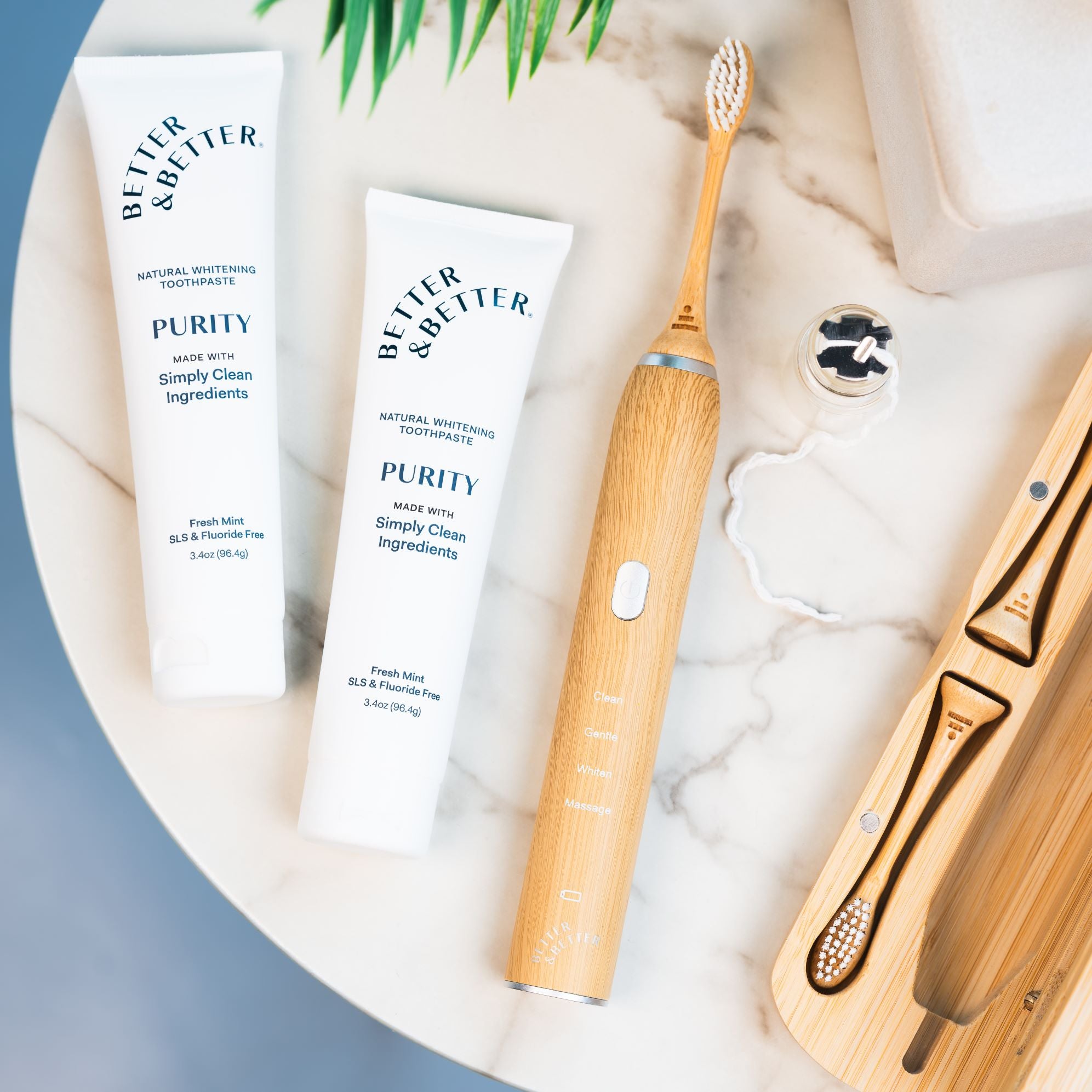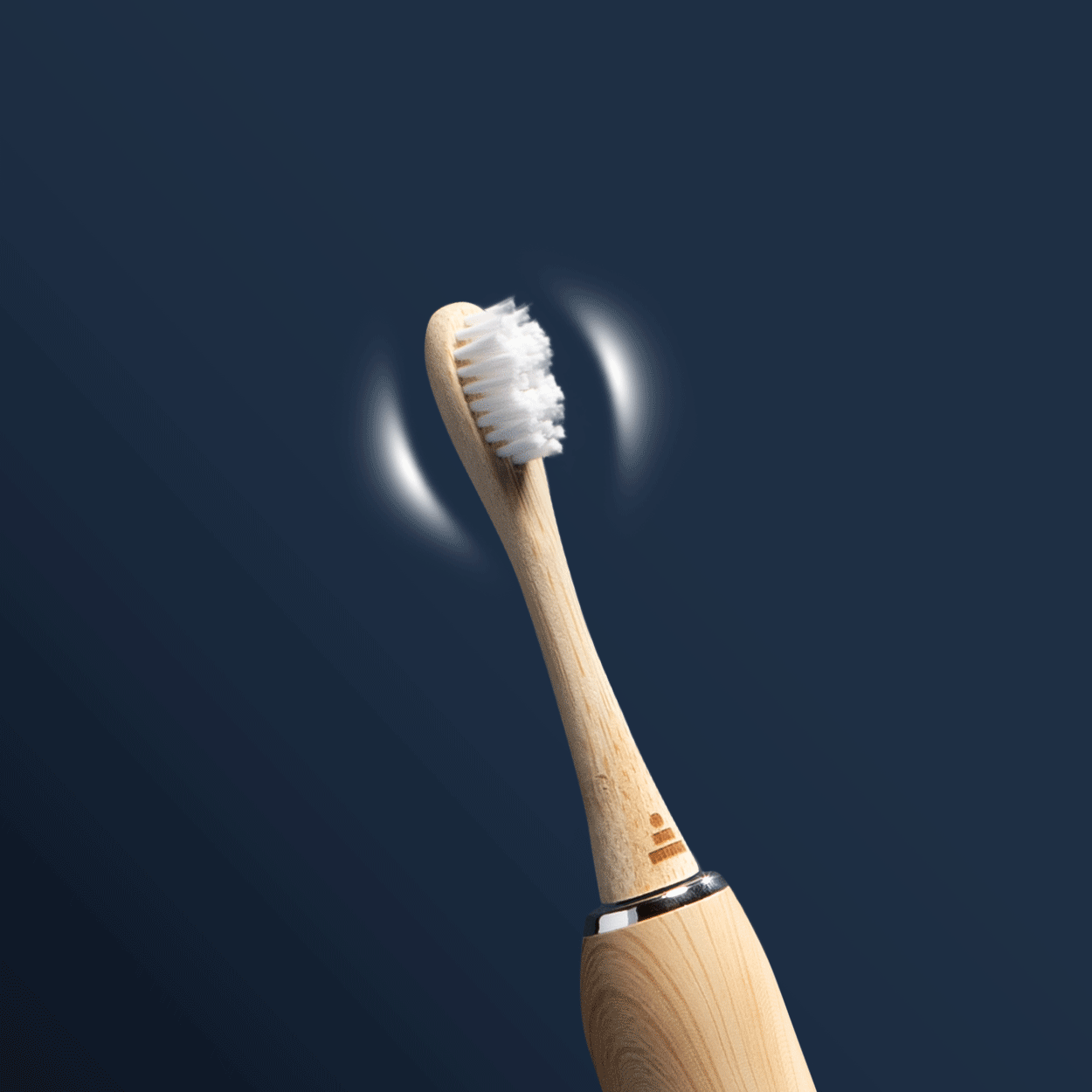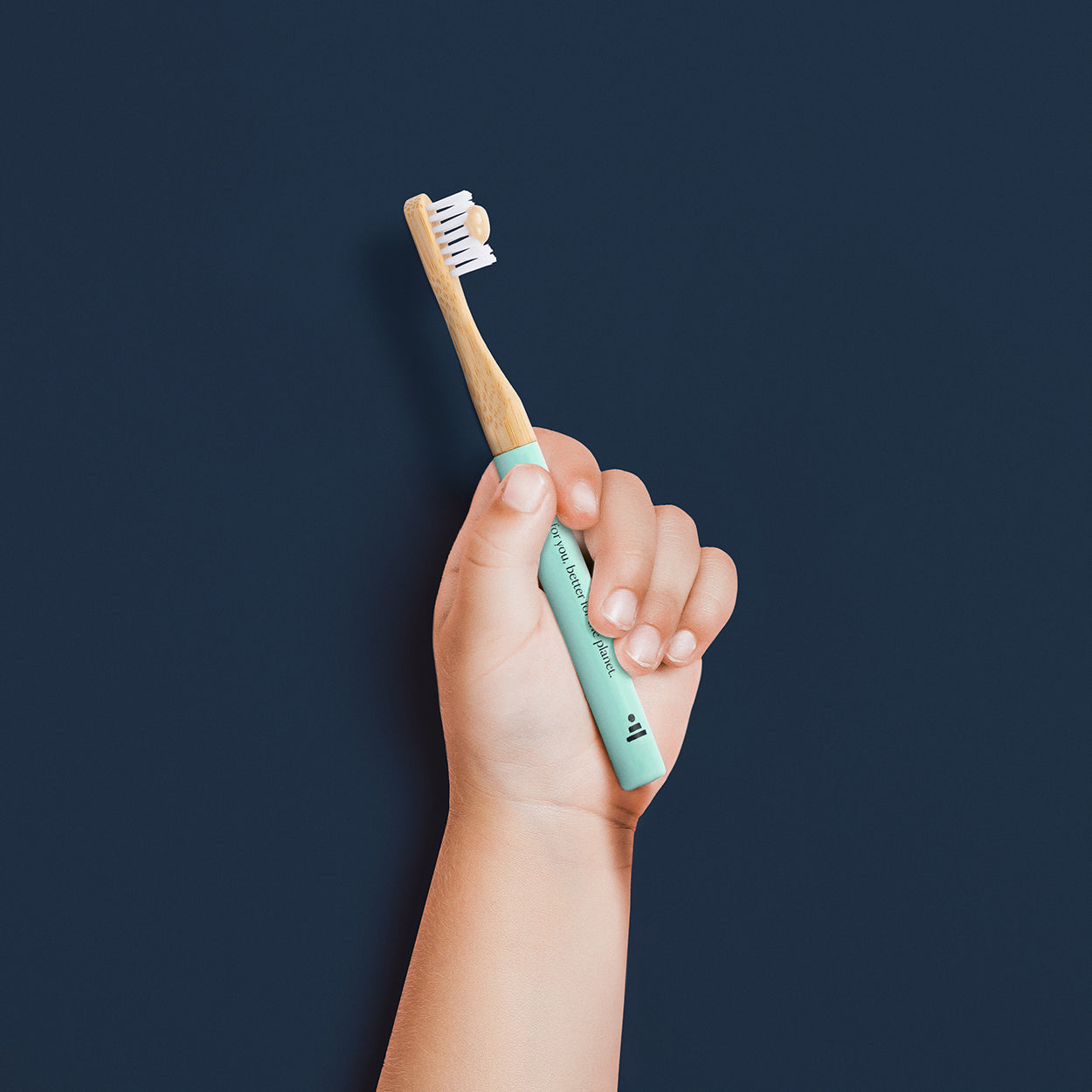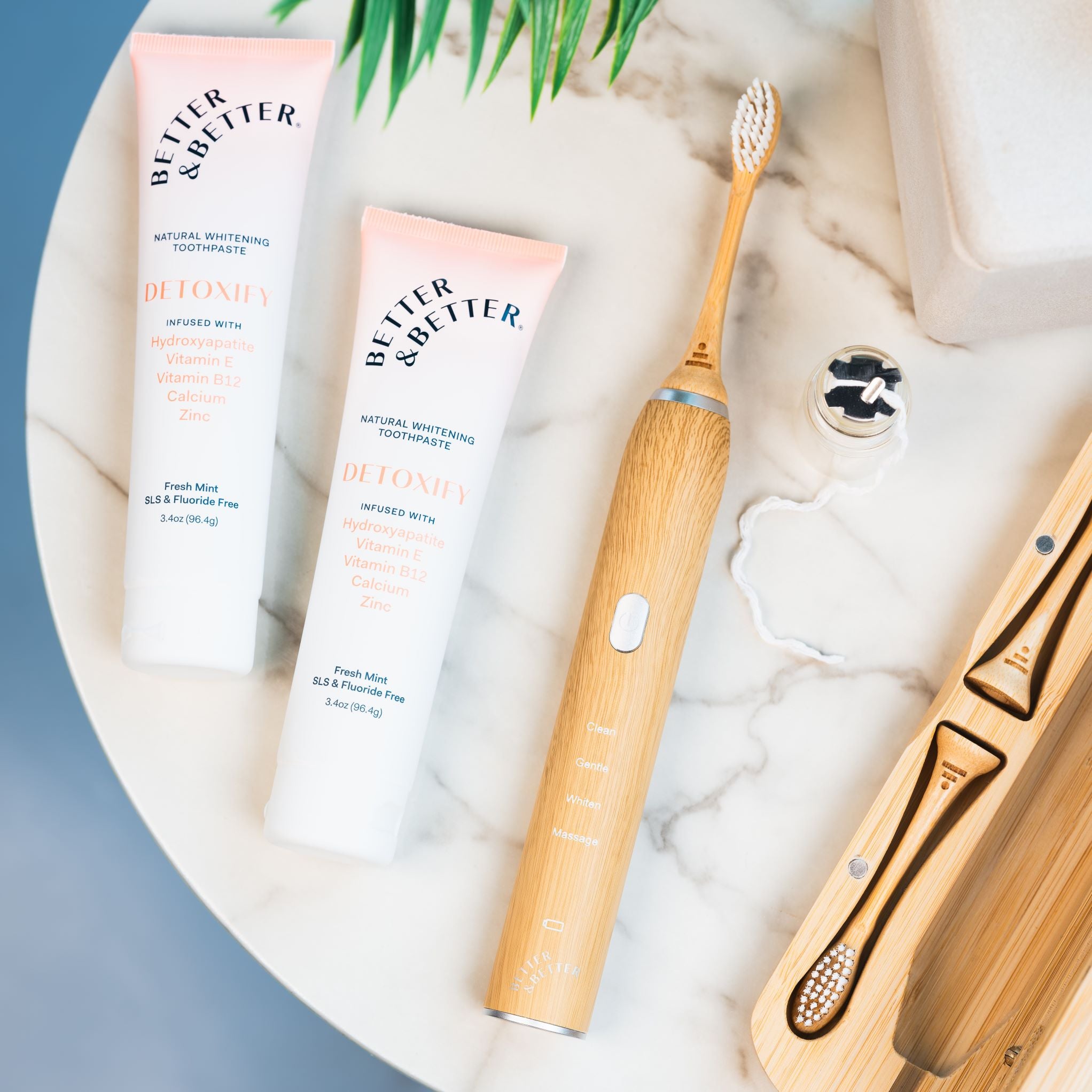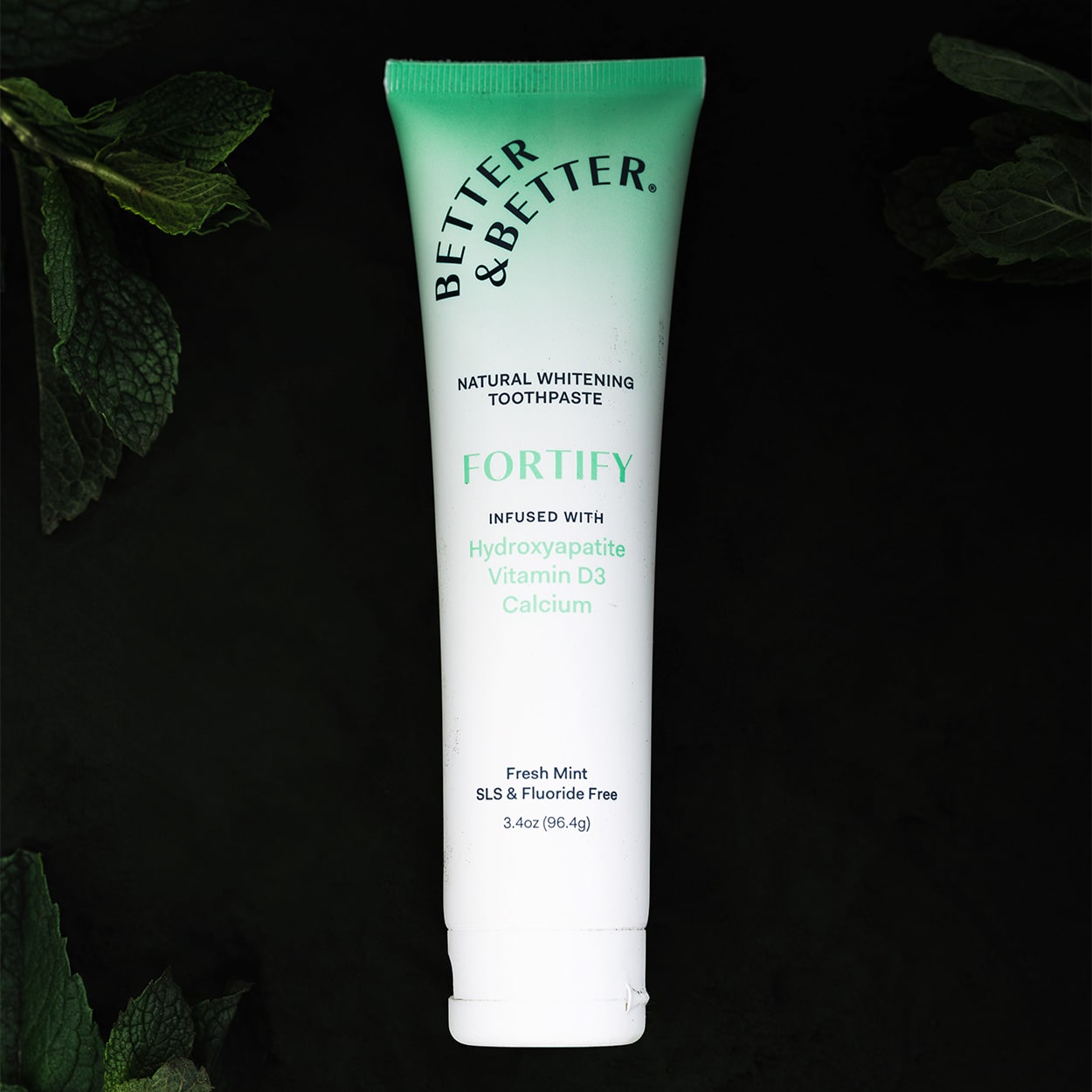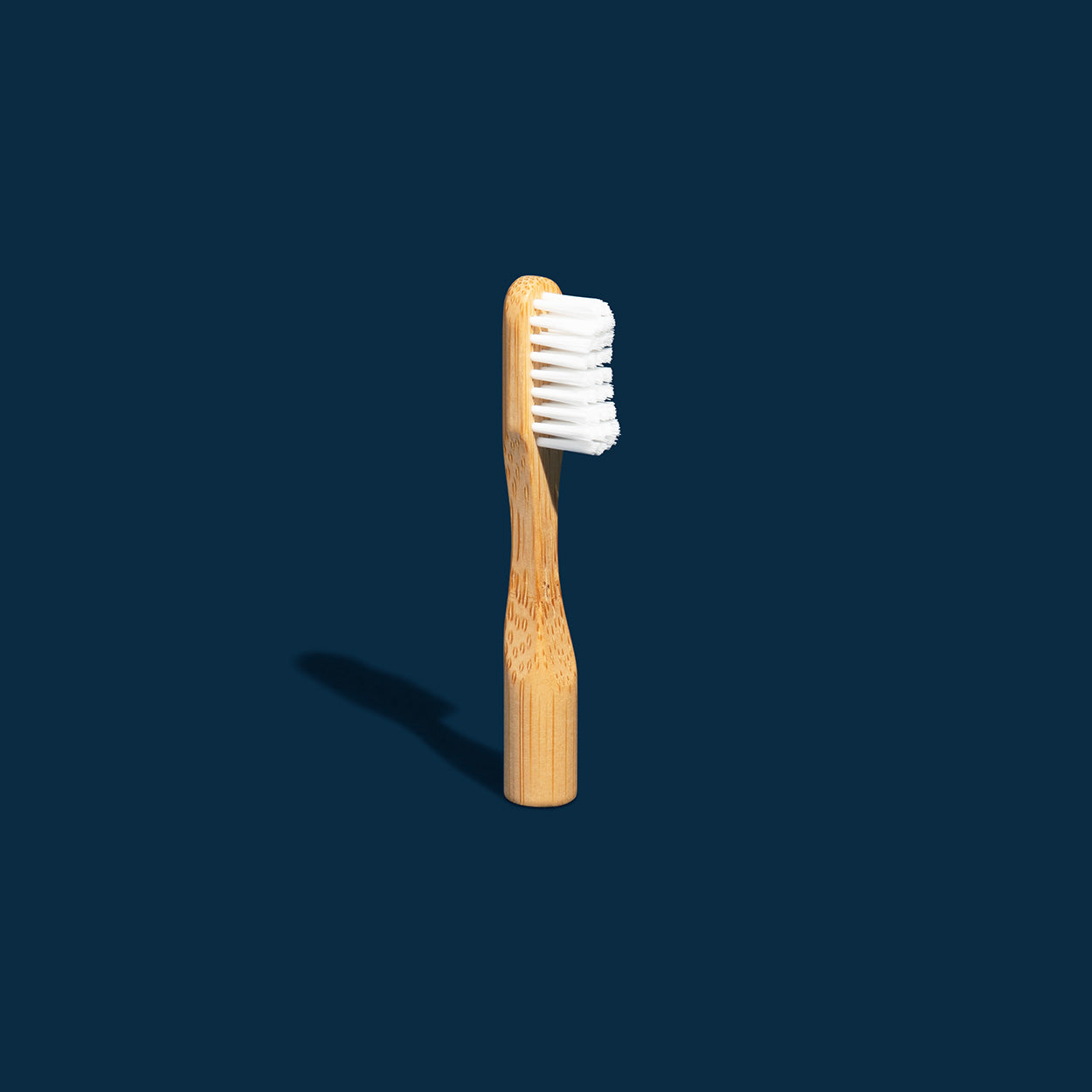I don’t know about you but I don’t love swallowing those large vitamin pills every morning. That big gulp of water, the psyching myself up to get the pill down without getting stuck, and of course the awesome chalky taste! Don’t get me wrong, this is a perfectly normal and common way to do things, but what if there was another, more palatable way to get in those nutrients?
As an OMF surgeon, my patients often ask for liquid medications due to difficulty with swallowing horse pills. I haven’t yet discovered how to insert antibiotics into toothpaste, however the vitamin market is another story. You may have heard of vitamin tinctures or sprays, but have you heard of vitamin toothpaste? Stick around to see why skipping the pills and opting for an alternative vitamin format (like toothpaste) might be a better bet.
What Doctors Know About Vitamins That Most Consumers Don’t
We’re all aware of the traditional formats of taking medications: pills, tablets and capsules. But just because these are the most common formats doesn’t mean they’re the only option, or even the most ideal.
In medical school we learn about the different forms of administering medications: parenteral vs enteral.
- Parenteral refers to administration outside the GI (gastrointestinal) tract, such as intravenous, intramuscular or intranasal.
- Enteral refers to administration directly into the GI tract, such as by mouth with pills, foods or liquids, through anal (yes, anal) absorption, or through a feeding tube inserted directly into the stomach or intestine.
What many may not realize is these “other” forms may actually be more efficient and effective.
The Pitfalls of Popular Vitamin Formats
One critical pitfall of many traditional medications is what we refer to in the medical world as the “first pass effect.” The first pass effect is associated with any organ that metabolizes drugs. The body’s major site of drug metabolism is the liver, however metabolism can also occur in lesser amounts in the lungs, vessels, stomach and intestines. Medications administered via the enteral route – a.k.a pills and tablets - are subject to the first pass effect. Basically, the medication undergoes a degree of metabolism, which means reduction in the concentration of the active drug before it ever reaches the site of action or the systemic circulation.
This is not a new concept: doctors and pharmacists have known about the first pass effect for decades, and have developed ways to reduce and prevent it by adding preservatives or coatings to pills. This of course means added ingredients, and more ingredients means an increased risk of adverse reactions or allergies. In fact, it’s well known that many people who have an allergy to a medication are not actually allergic to the medication itself, but rather a preservative in the formulation. This supports the trend in the health and wellness sector toward more “all natural” foods, which can apply to medicine as well.
But what about gummies? Gummies or medications manufactured in gelatin forms are relatively new, but have enjoyed a rise in popularity as they’re both tastier and easier for those who have difficulty swallowing large pills. Gummies, however, are still an enteral route of administration, which means they have many of the same issues as pills. And that better taste comes at a price: it comes from added sugars.
Absorption Through the Mouth, Explained
As I mentioned earlier in the article, there are a number of alternative forms of medications and supplements on the market: liquid, tinctures, skin (transdermal) patches, intramuscular injections, sprays and toothpastes. All of these forms circumvent the digestive tract and bypass the first pass effect. For the purposes of this article, I will specifically address absorption through the mouth, which is one of the most productive.
As an oral surgeon, I know how extremely absorbent the mouth is and effective in getting things directly into the bloodstream. Now, that can of course mean both good and bad things, but let’s focus on the good:
Absorption through the mouth is called buccal, mucosal, transbuccal or sublingual. Oral mucosa lines the entire oral cavity. Mucosal administration of medication is a topical route by which drugs held or applied to the mucosa diffuse through it and enter directly into the bloodstream, detouring the first pass effect. That is why when medications are ingested this way, one often notices a quicker and more potent effect.
Sublingual refers to medications placed under the tongue. Transbuccal refers to administration through the cheeks or any other oral mucosa.
For example, have you ever known anyone, perhaps a friend or relative, with heart disease? They may carry what we call “the emergency pill” at all times. They are instructed to place this pill immediately under their tongue if they begin to experience symptoms of a heart attack. This pill is a potent vasodilator that improves blood flow to the heart within minutes, and can be lifesaving in these situations. This pill has always been manufactured in the sublingual form due to this efficiency.
Vitamin-infused toothpaste is one of the latest innovations to take advantage of transbuccal delivery’s high efficiency. While vitamin toothpaste may be new to the market, the idea of introducing vitamins through the tissues of the mouth is far from a new concept.
This study from the Nutrition Journal by Satia et al in 2015 concluded a significantly higher concentration of Vitamin D in patients who consumed the vitamin through a buccal spray, a form of transbuccal administration, vs. a soft gelatin.
The Bottom Line
In closing, doctors have been administering medication for years to patients who are unable to take them through the oral route. As an OMF surgeon, I witness the rich vascularity of the oral cavity on a daily basis, so getting vitamins and supplements through this pathway seems like a no brainer. The key to incorporating vitamins into your daily routine is consistency, which is why brushing your teeth with vitamin-infused toothpastes is gaining popularity and is something I can get behind! But don’t take it just from me – go ahead! Give it a try yourself!
Dr. Jaclyn Tomsic, MD, DMD, FACS, is a board-certified Oral and maxillofacial surgeon (OMF) based out of Cleveland, OH. OMF involves extensive dental and medical education and training to achieve surgical expertise and an unparalleled understanding of esthetics. Being an OMF surgeon qualifies Dr. Tomsic to treat conditions, defects, injuries, and esthetic aspects of the mouth, teeth, jaw, and face. Learn more about Dr. Jacci on her website, and follow her on Instagram at @DoctorJacci.


